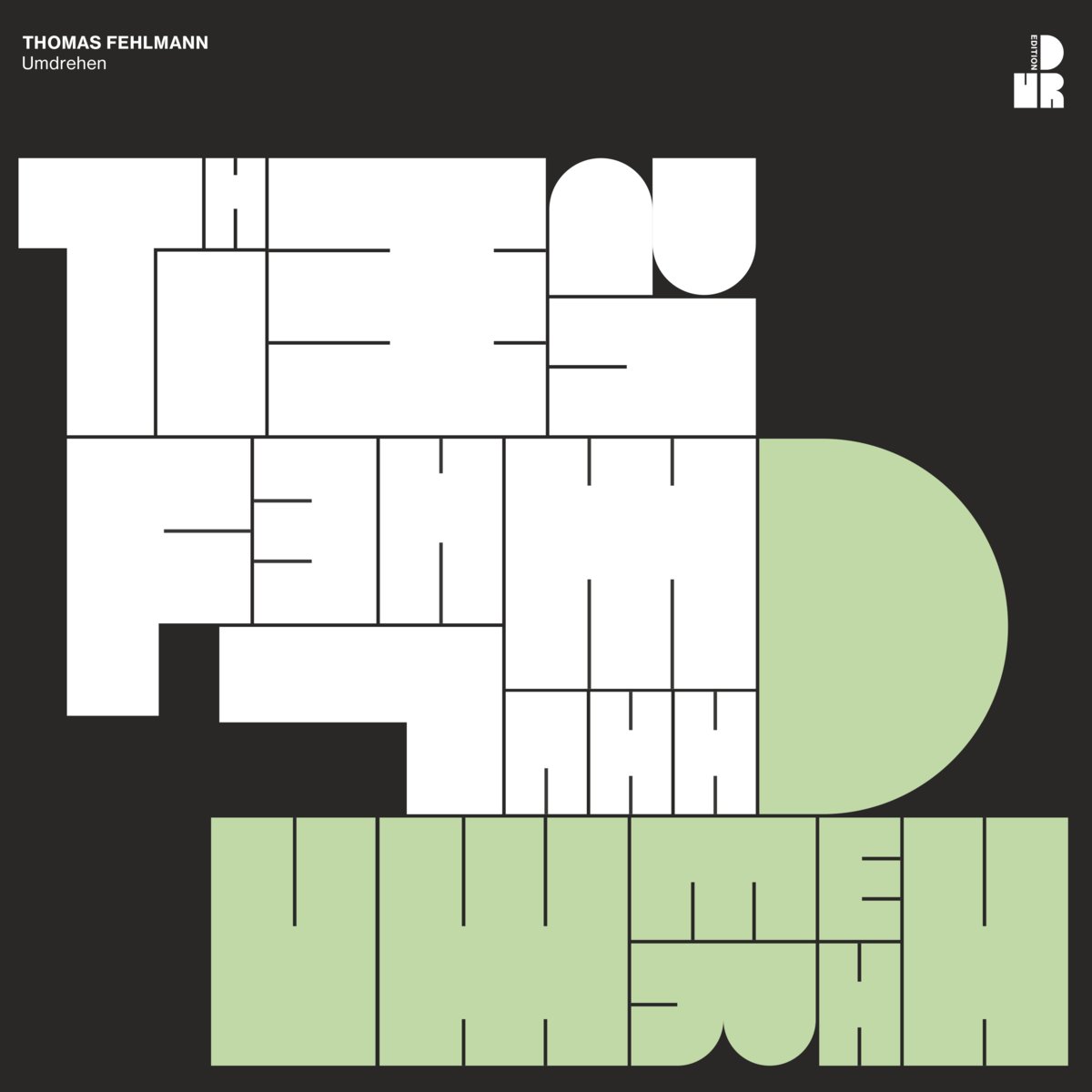The Breakdown
“Turning around” is Thomas Fehlmann’s new magic word. It allows him to approach constraints and difficult topics from a new perspective, turning them into something positive. “Umdrehen” is an exploration of sound, combining linguistic and artistic work practices. The album starts with “Bundy/Blessing,” disrupting Fehlmann’s ambient surface and introducing spatial music that leaves gaps for the listener to fill. The sounds are rougher than usual, often resembling field recordings. Fehlmann refers to it as generative music, where chance plays a role. He presents music that activates and enlightens, inviting listeners to revisit the pieces and explore different perspectives. The most intense experience is found in “Halskette,” a symphony of noise that plunges the listener into black holes behind the sounds. The album is characterized by sonic kinship, with sounds derived from plug-in machines and multiple appearances of the same source material. “Umdrehen” represents Fehlmann breaking free from functional demands and embracing a mode of letting go. This approach will continue in future projects, but for now, it’s all about “Umdrehen”!
“Umdrehen” begins with “Bundy/Blessing” immediately wonderfully disruptive, like a knife the wobbly, faltering ambient surface is cut through by Thomas Fehlmann. He composes spatial music that takes the liberty of leaving and setting gaps that you as a listener have to close yourself, trusts in individual sounds as a magnetic signal in a dark, reverberated sound space (just hear “Yellow Curve”). The sounds are more raw than you are used to. Often they sound like field recordings (as in “Steinwurf”), even if they are generated on the computer – as with the two previous soundtrack productions “1929” and “Böser Herbst” he has modified his sample method, in the case of the soundtracks by concentrating on sources from the 1920s or hits and sounds from specific films, in “Umdrehen” by exclusively self-producing, used samples constructed with plug-in machines constructed in Ableton. He speaks of generative music, in which chance plays a major role. It is important that a piece is not always processed, but left unpolished.
Check Out: Track 7 – Hotel Jugend
In this respect, one could also speak of spaces instead of pieces, since Thomas Fehlmann’s music is always at least three-dimensional, often even four-dimensional. These spaces, which he makes available to us to explore on “Turn around”, are mostly low in light and carry a positive, mystical promise. This also explains Fehlmann’s humor, which is massively introduced again and again, which can be most clearly seen in a track like “Feuchter Kubismus”, whose title flirts congenially with the hacked piano line vying for attention; or, of course, in “Ein Brett im Kornfeld” with its subtle frequency fluctuations, whose more abysmal character makes you get restless like the animals.
With “Umdrehen”, Thomas Fehlmann presents music that lets you linger in the moment, but not to find oneself contemplatively, as is the case with many ambient releases, but as an activation for an individually enlightening journey of discovery. It is a great pleasure to visit the pieces again and again, to allow different angles of view and hearing of the reception and thus to measure the rooms by echo sounder. The style with which he tells his narrative(s) is excitingly fragmented (just listen to “Jumped”). This roller coaster ride of sensations is most massively experienced in “Halskette”, a swinging symphony of noise that is (felt) based on a tone and that literally makes you sink into black holes behind the sounds.
More of a radio play than a track, new connections to other dimensions open up again and again, with the transitions happening abruptly, setting a wake-up call – and yet, as if under hypnosis, you move almost smoothly with the music. Voluntarily? Involuntary? Or as Thomas Fehlmann asks: “Why didn’t you say yes”? – for me the most brutal track on the album, a 4 minutes and 57 seconds long, claustrophobic nightmare. By “turning around” there is a tonal affinity, which, in addition to the plug-in machines from which the sounds were obtained, is also due to the fact that several sounds have several appearances, modified, or, as he puts it more poetically: “If I have material that excites me, why not send it through the copier or the water bath to get new results from the same basic material?” This new freedom has a lot to do with the fact that Thomas Fehlmann has detached himself from the functional demands on his music and has arrived in a mode of letting go. He wants to preserve this for the upcoming projects, but that’s still a long way off, here and now it’s always time to “turn around”!
Verdict: Enter the the mind of Thomas Fehlmann and experience the sonic soundscapes of strange and mesmerizing worlds that exist there. An ambient adventure guided by the expert hand of a musician that can produce the most wondrous and creative compositions, full of life and movement. An exploration into sound experimentation that not only transports the listener within the different emotional dimensions of the music but also has the ability to allow one to move freely within those layers with never having the feeling of being pushed in one continuous direction. An album to be explored on multiple levels.


Track List:
- Bundy Blessing
- Gelbe Kurve
- Steinwurf
- Doppelherz
- Feuchter Kubismus
- Schwieriges Thema
- Hotel Jugend
- Gehüpft
- Ein Brett im Kornfeld
- Halskette
- Warum hast du nicht ja gesagt
- Prenzlau an sich
Available now @ Umdrehen – Fehlmann, Thomas – Dussmann – Das Kulturkaufhaus














No Comment